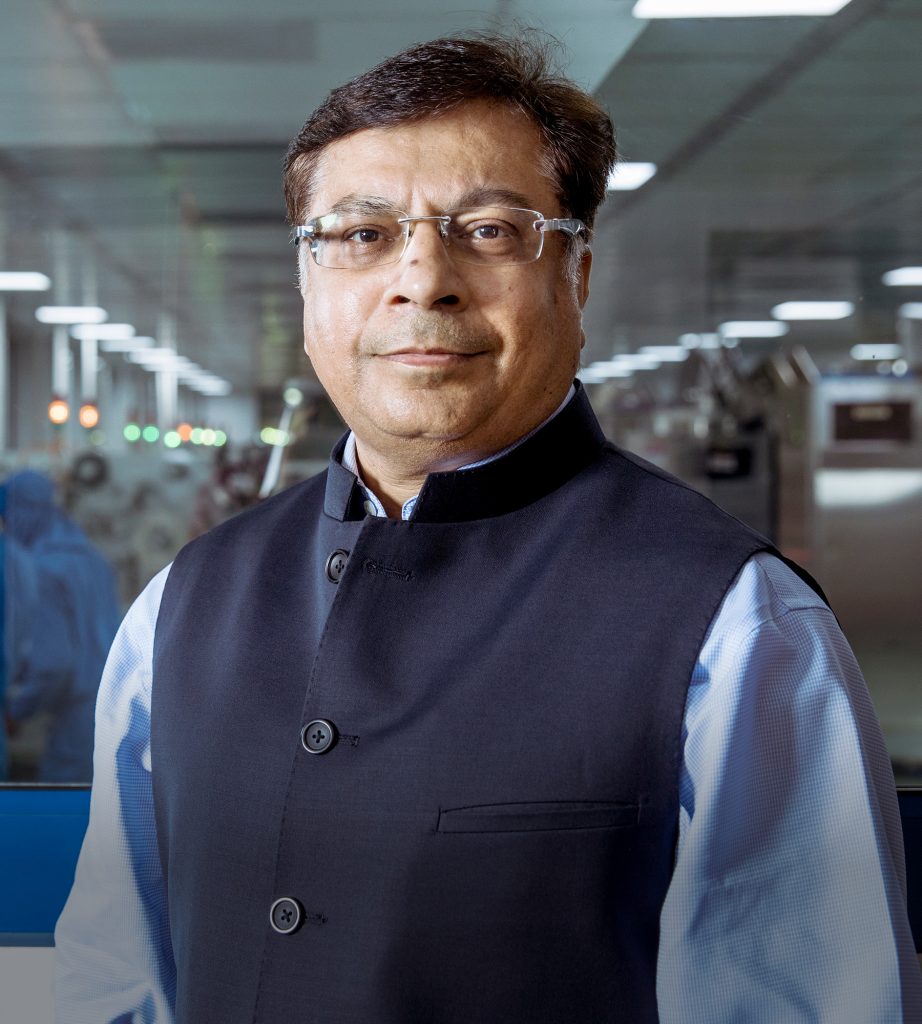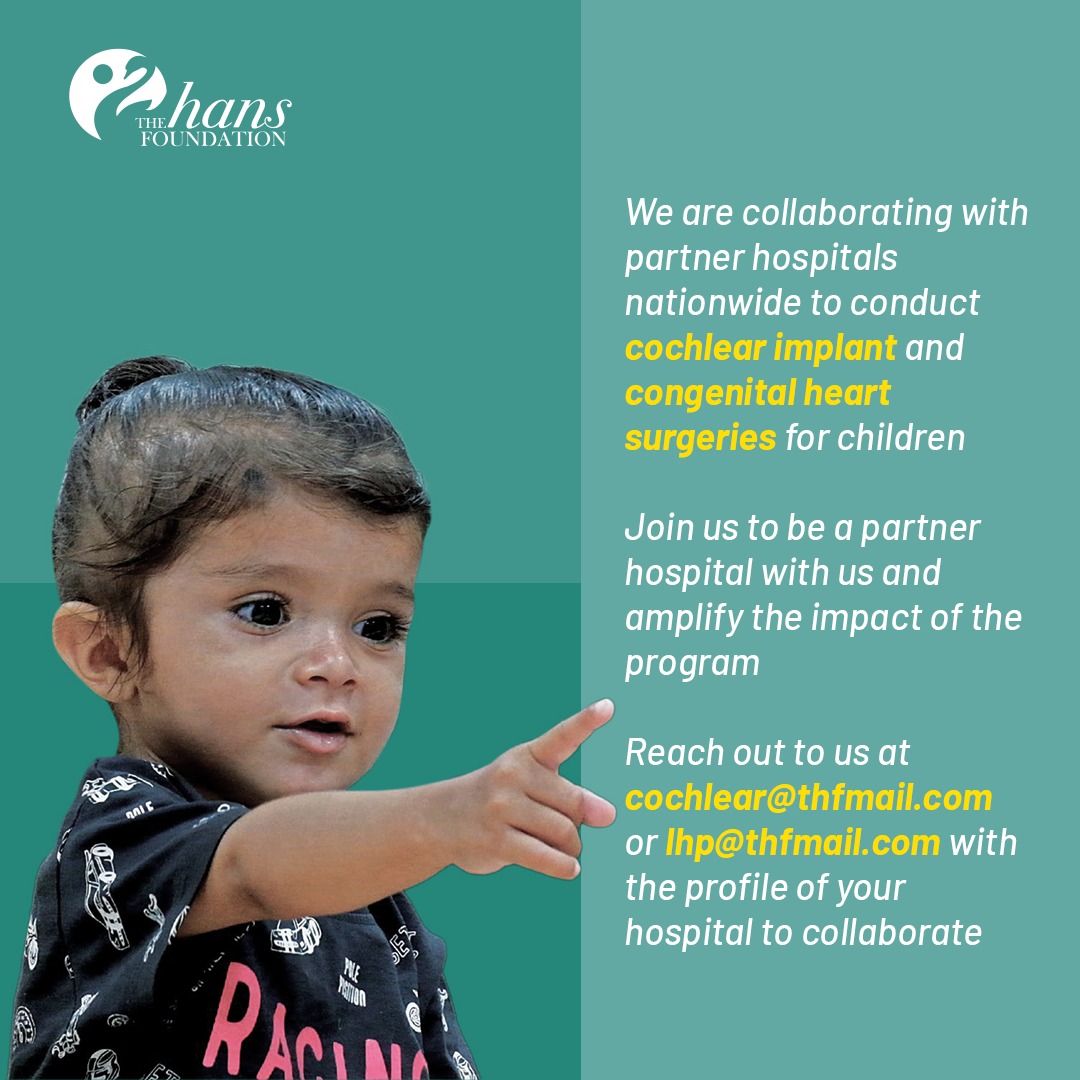Advancements in Autoclaves: Transforming Sterilization Practices Across Healthcare
By Karolina Matracka, Director, Enbio Group AG. Proper sterilization of surgical equipment is a critical aspect of healthcare, playing a pivotal role in preventing the spread of infectious diseases. Inadequate sterilization poses severe risks, including the

By Karolina Matracka, Director, Enbio Group AG.
Proper sterilization of surgical equipment is a critical aspect of healthcare, playing a pivotal role in preventing the spread of infectious diseases. Inadequate sterilization poses severe risks, including the transmission of harmful pathogens such as bacteria, viruses, and fungi. Current sterilization options, while effective, often prove time-consuming, especially during emergencies. The Indian healthcare sector, in particular, requires faster, affordable, quality-certified, portable, swift, silent, and user-friendly autoclaves. The pressing issue of nosocomial infections underscores the need for innovative solutions to enhance sterilization practices and improve patient outcomes.
The demand for medical autoclaves in India is driven by the growth of the healthcare sector, including hospitals and clinics. The growing market is fueled by an increased focus on infection control measures, a rising awareness of patient safety, and the escalating prevalence of healthcare-associated infections.
It is crucial to recognize the potential risks associated with compromised autoclaves, particularly those falling under the category of class N or conventional steamers, within healthcare settings. The use of outdated or less efficient sterilization methods poses a serious threat to sterilization effectiveness, potentially compromising patient safety. Autoclaves that do not adhere to advanced technologies and standards may struggle to eliminate resilient pathogens adequately, increasing the risk of healthcare-associated infections (HAIs) such as bloodstream infections, respiratory infections, and surgical site infections. In the face of these risks, it becomes evident that investing in reliable and advanced autoclave equipment, such as Class B autoclave sterilizers with flash sterilization cycles, is paramount. This investment not only ensures optimal sterilization practices but also underscores a commitment to the highest healthcare standards, safeguarding patient well-being through the prevention of potential infections and complications.
The Pandemic Push
The pandemic has brought about increased awareness of infection control. In contemporary healthcare settings, medical practitioners are placing increased importance on infection control practices within hospitals and clinics, with a primary focus on ensuring patient safety and preventing nosocomial infections. In the aftermath of the pandemic, healthcare professionals are exercising heightened caution in the proper sterilization of micro and other surgical instruments to eradicate the risk of infections. Presently, the medical community is actively exploring and adopting advanced sterilization technologies to elevate the standard of disinfection and enhance protection against pathogens, with Class B autoclave sterilizers emerging as a robust and effective option.
Market Dynamics and Growth
The demand for medical autoclaves in India is propelled by the growth of the healthcare sector, increasing emphasis on infection control, and rising awareness about patient safety. The market’s growth is further fueled by advancements in autoclave technology, introducing user-friendly features in newer models. The industry’s competitive landscape drives manufacturers to enhance functionality, technology, and cost-effectiveness, meeting regulatory guidelines set by government bodies such as the Central Drugs Standard Control Organization (CDSCO) and the Ministry of Health and Family Welfare. Government initiatives with strict regulations on the use of autoclaves for healthcare professionals and patient/customer safety can foster research and development efforts, creating cost-effective sterilization solutions.
Innovation in India
Now, healthcare segments have Autoclaves, particularly the advanced B-class autoclaves, which are globally recognized as the gold standard for sterilization in healthcare. Utilizing high-pressure steam and vacuum technology, these autoclaves effectively sterilize medical instruments, equipment, and materials, targeting even the most resilient pathogens. The significance of proper sterilization cannot be overstated, as it reduces the risk of healthcare-associated infections (HAIs) such as bloodstream infections, respiratory infections, and surgical site infections.
Manufacturers, such as global players like us, are investing in research and development to enhance autoclave efficiency, reduce energy consumption, and incorporate advanced features. Autoclave manufacturers are dedicating more resources to research and development, aiming to improve product efficiency, minimize energy consumption, and integrate cutting-edge features. Our team has successfully designed and engineered the world’s fastest autoclave as part of this commitment to innovation.
An Extraordinary Class
In the face of the pressing challenge of nosocomial infections, there is a critical need for a cutting-edge medical autoclave sterilizer – the Class B. This state-of-the-art autoclave is equipped with flash sterilization cycles, poised to revolutionize sterilization practices in healthcare settings. With significantly reduced sterilization time, the Class B medical autoclave ensures that surgical instruments are swiftly prepared for use, even in emergency situations. Speed, Swift, Space, and Silence are the key features of B Class Autoclave sterilizers. Advanced Autoclave Sterilizers offer a revolutionary solution that can transform the way India deals with sterilization and patient safety.
This cutting-edge autoclave has the potential to transform the sterilization process in healthcare settings. With a substantial reduction in sterilization time, Class B autoclave sterilizers swiftly prepare surgical instruments for immediate use, even in emergency scenarios. The adoption of these autoclaves with flash sterilization cycles in the Indian healthcare sector can significantly improve their responsiveness during critical moments. Rapid access to sterile instruments empowers healthcare professionals to perform emergency surgeries promptly, minimizing delays and ultimately enhancing patient outcomes and safety.
The Way Forward
As the Indian healthcare sector continues to evolve, embracing faster and more efficient sterilization practices presents a remarkable opportunity. By incorporating advanced autoclave sterilizers, hospitals and clinics can elevate their sterilization and infection control practices, contributing to enhanced patient care and safety. To meet the demands of fast sterilization of surgical instruments, the adoption of advanced autoclave sterilizers with flash sterilization cycles is essential. This transformative approach stands poised to empower the Indian healthcare sector, enabling effective navigation of challenges and seizing opportunities, thereby guaranteeing the highest standards of patient care and safety.






